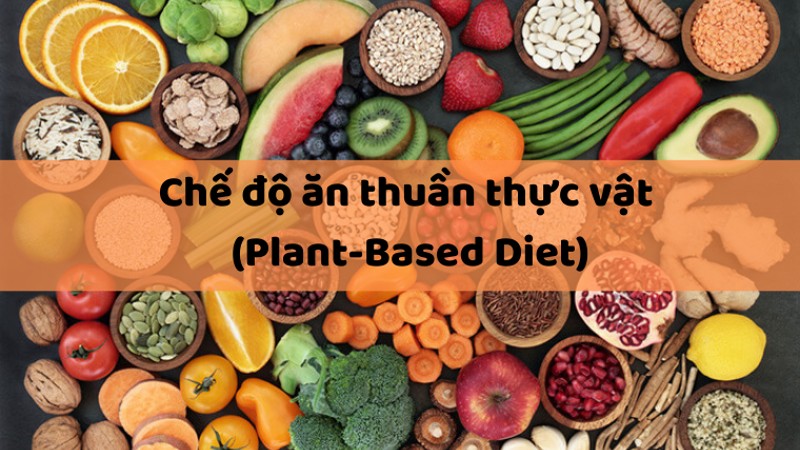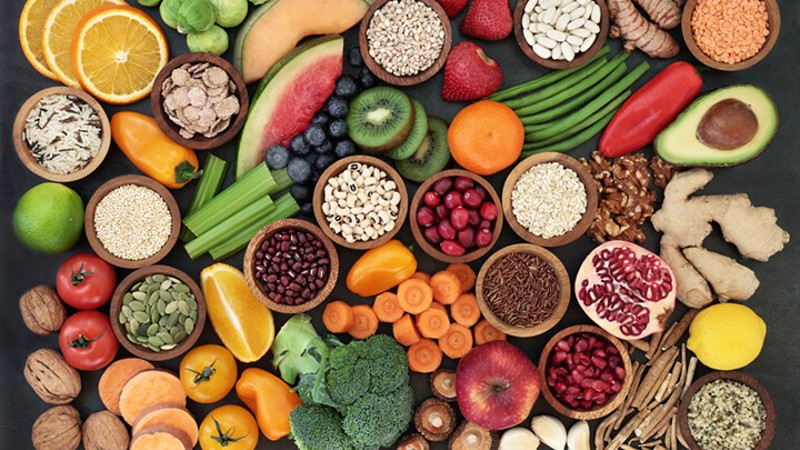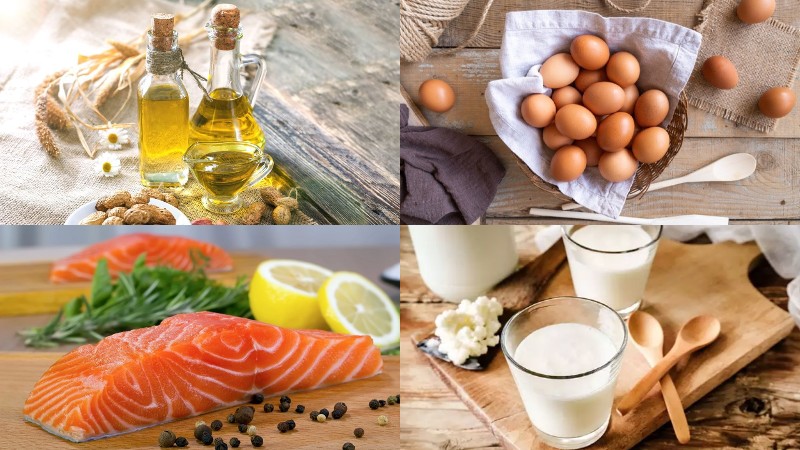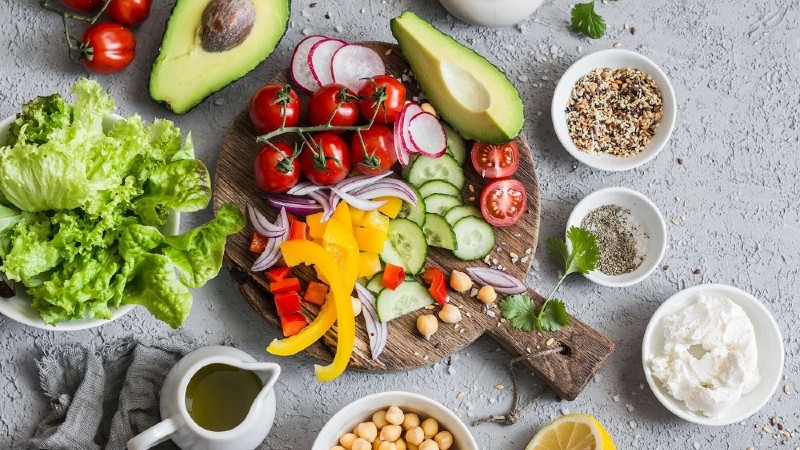A plant-based diet has a significant impact on one’s weight and overall health. This article will provide you with all the information you need to know about adopting a plant-based diet, including its benefits and precautions.
1. What is a Plant-Based Diet?
 What is a Plant-Based Diet?
What is a Plant-Based Diet?
A plant-based diet is a way of eating that primarily focuses on plant-based foods. This means that your meals will mostly consist of fruits, vegetables, whole grains, legumes, nuts, and seeds. At the same time, you will reduce your intake of meat, processed foods, saturated fats, and added sugars.
Adopting a plant-based diet is an incredibly healthy choice as it tends to be rich in fiber and nutrients while being lower in calories and saturated fat. This type of diet is an excellent way to detox your body regularly and improve your overall physique. It’s important to note that a plant-based diet doesn’t necessarily mean eliminating all animal products. You can still include small amounts of dairy, eggs, fish, and poultry in your meals, but not as frequently.
2. How to Follow a Plant-Based Diet
There are three main groups of foods to pay attention to when adopting a plant-based diet:
Primary Food Groups
 Primary Food Groups
Primary Food Groups
- Whole Grains: Brown rice, quinoa, oats, barley, etc.
- Legumes: Beans, lentils, chickpeas, peas, etc.
- Vegetables: Broccoli, spinach, kale, carrots, etc.
- Fruits: Apples, bananas, oranges, berries, etc.
- Nuts and Seeds: Almonds, walnuts, sunflower seeds, pumpkin seeds, etc.
- Healthy Fats: Avocado, olive oil, nuts, and seeds.
Note: These foods are best consumed in their whole or minimally processed forms to maximize their flavor, color, and nutritional content.
Food Groups to Consume in Moderation
 Food Groups to Consume in Moderation
Food Groups to Consume in Moderation
- Dairy: Yogurt, kefir, and cheese (opt for plant-based alternatives if possible).
- Fish: Salmon, tuna, sardines, etc.
- Poultry: Chicken, turkey, duck, etc.
- Eggs: Free-range or organic if possible.
- Meat: Lean beef, pork, lamb, etc. (limit processed meats).
Food Groups to Avoid
 Food Groups to Avoid
Food Groups to Avoid
- Animal Meats: Beef, pork, lamb, etc.
- Trans Fats: Corn oil, palm oil, deep-fried foods, etc.
- Processed vegan foods
- Processed Animal Products: Sausage, bacon, deli meats, etc.
- Fast Food: Pizza, burgers, hot dogs, etc.
- Added Sugars and Sweet Treats: Candy, soda, cake, cookies, ice cream, sweetened tea, sugary cereals, etc.
- Refined Grains: White bread, white pasta, white rice, etc.
- Convenience Foods: Potato chips, crispy snacks, breakfast bars, frozen dinners, etc.
- Artificial sweeteners
3. Benefits of a Plant-Based Diet
A plant-based diet is high in fiber and protein while being lower in calories. This combination promotes effective weight loss.
 Benefits of a Plant-Based Diet
Benefits of a Plant-Based Diet
The fiber and protein found in plant-based foods help regulate blood sugar levels and reduce the risk of diabetes. Additionally, consuming whole, minimally processed foods with minimal added salt and preservatives contributes to lowering blood pressure and improving heart health.
The abundance of vitamins, minerals, and healthy fats from fruits, vegetables, and other plant sources enhance digestion, promote a lighter body, and result in healthier, more radiant skin.
Reducing animal product consumption lowers the risk of cancer, improves kidney function, and stabilizes blood sugar levels.
4. Precautions to Keep in Mind
 Precautions to Keep in Mind
Precautions to Keep in Mind
- If you feel tired, hungry, or crave sweets frequently, it may indicate blood sugar fluctuations or a lack of protein and healthy fats. Address this by increasing your intake of these nutrients in your meals.
- Ensure you eat a variety of fruits and vegetables to obtain a wide range of essential nutrients.
- On busy days, you can opt for plant-based protein powders or supplement pills. However, try not to rely on these regularly.
- If you experience any unusual health issues while on a plant-based diet, consult a doctor for advice and guidance.
This article has provided you with an overview of the plant-based diet, its benefits, and important considerations. Stay tuned for more informative content, and don’t forget to follow us for the latest updates!
Source: Vinmec



































